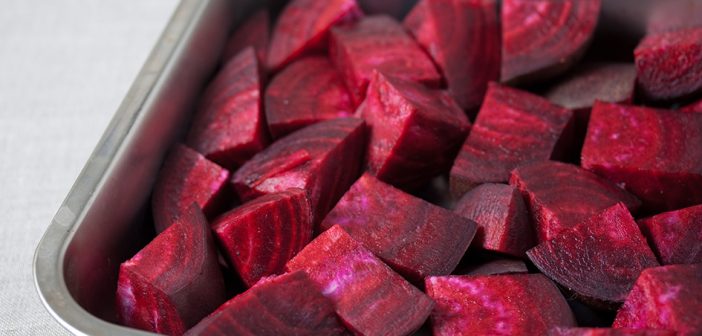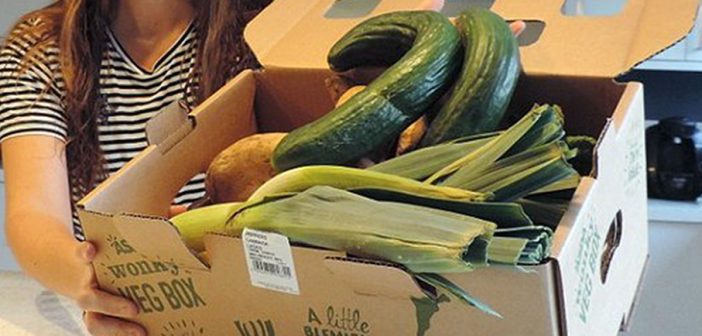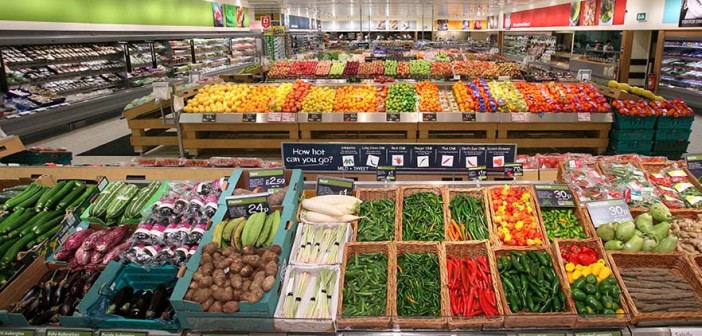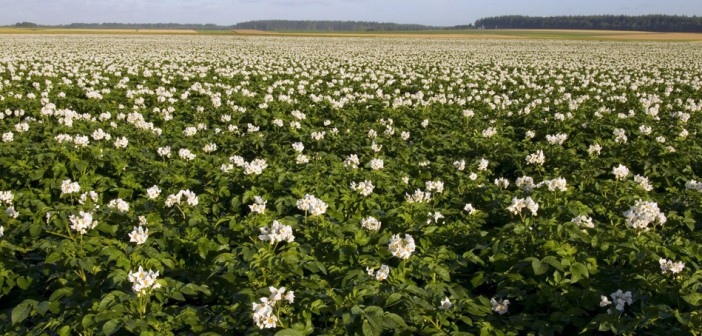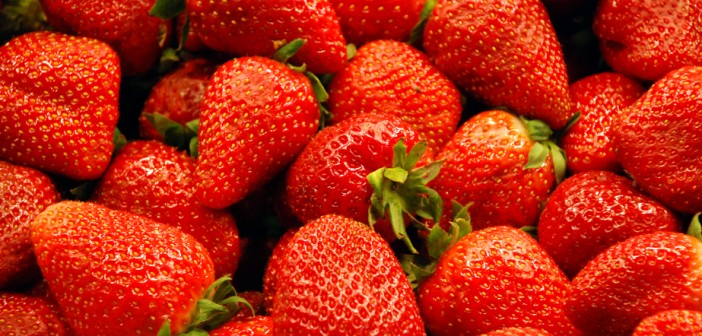Golden yellow apple variety Opal, a cross between Golden Delicious and Topaz, is continuing to see steady year on year growth in sales according to Opal Apples UK.
The variety which has a distinctive colour, attractive taste and is resistant to browning continues to attract interest from growers and customers according to marketing director Rosemary Lalley. She recently told reporters, “Discussions continue as interest grows in what is a ‘stand out’ apple variety, offering the consumer something really different that delivers great eating qualities on a consistent basis.”
From just 2,000 trees in 2009, there are now 45 hectares or around 136,000 trees in the UK. The largest concentration is in Kent, but there are also orchards in Hereford, Norfolk, Essex and Hampshire, after the company sent potential growers sample trees as Crhistmas presents to attract interest in the variety. Further planting are planned for 2019.
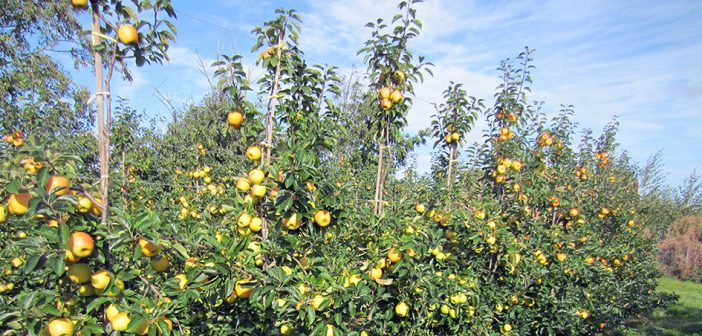
Photo Credit: Opal Apples UK
The post Opal apple says expected to increase in UK appeared first on Hort News.


